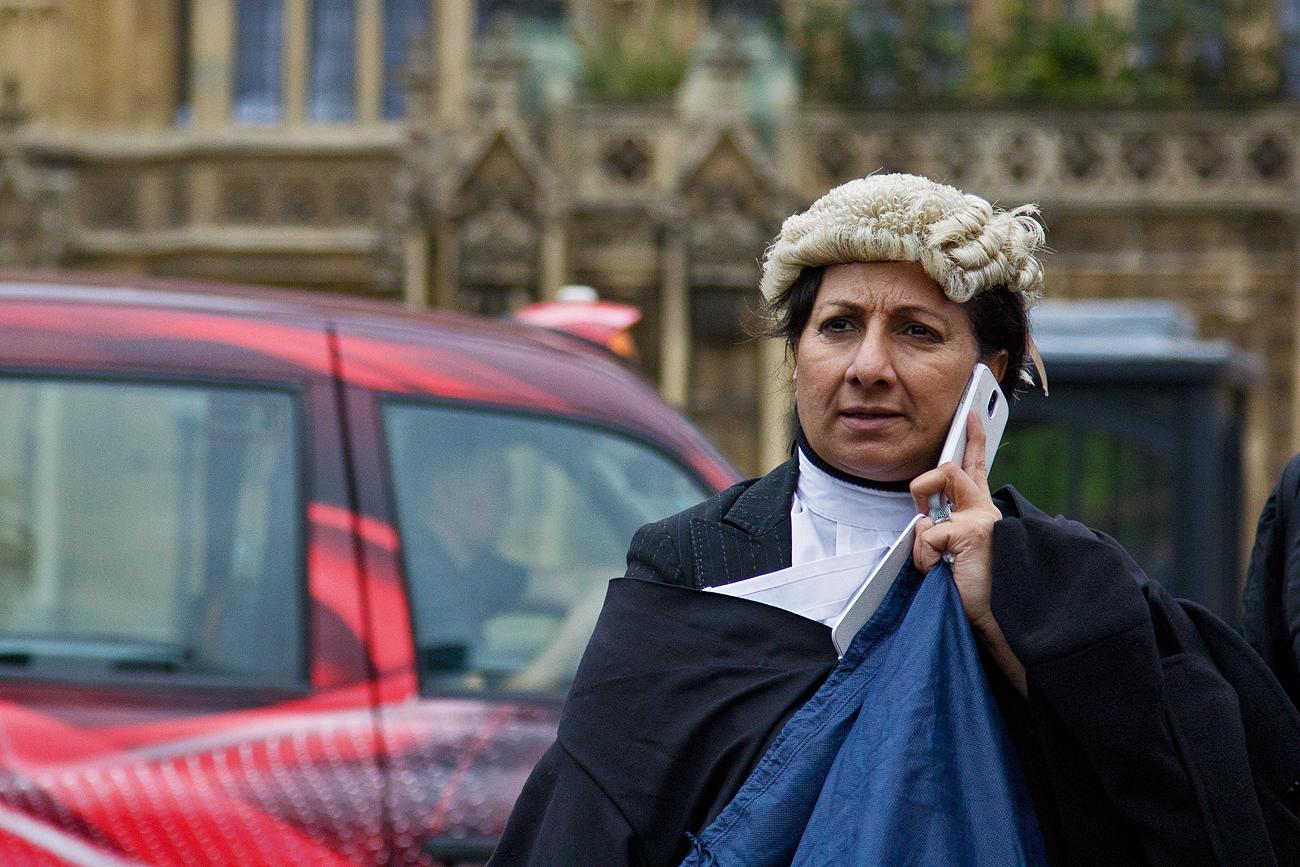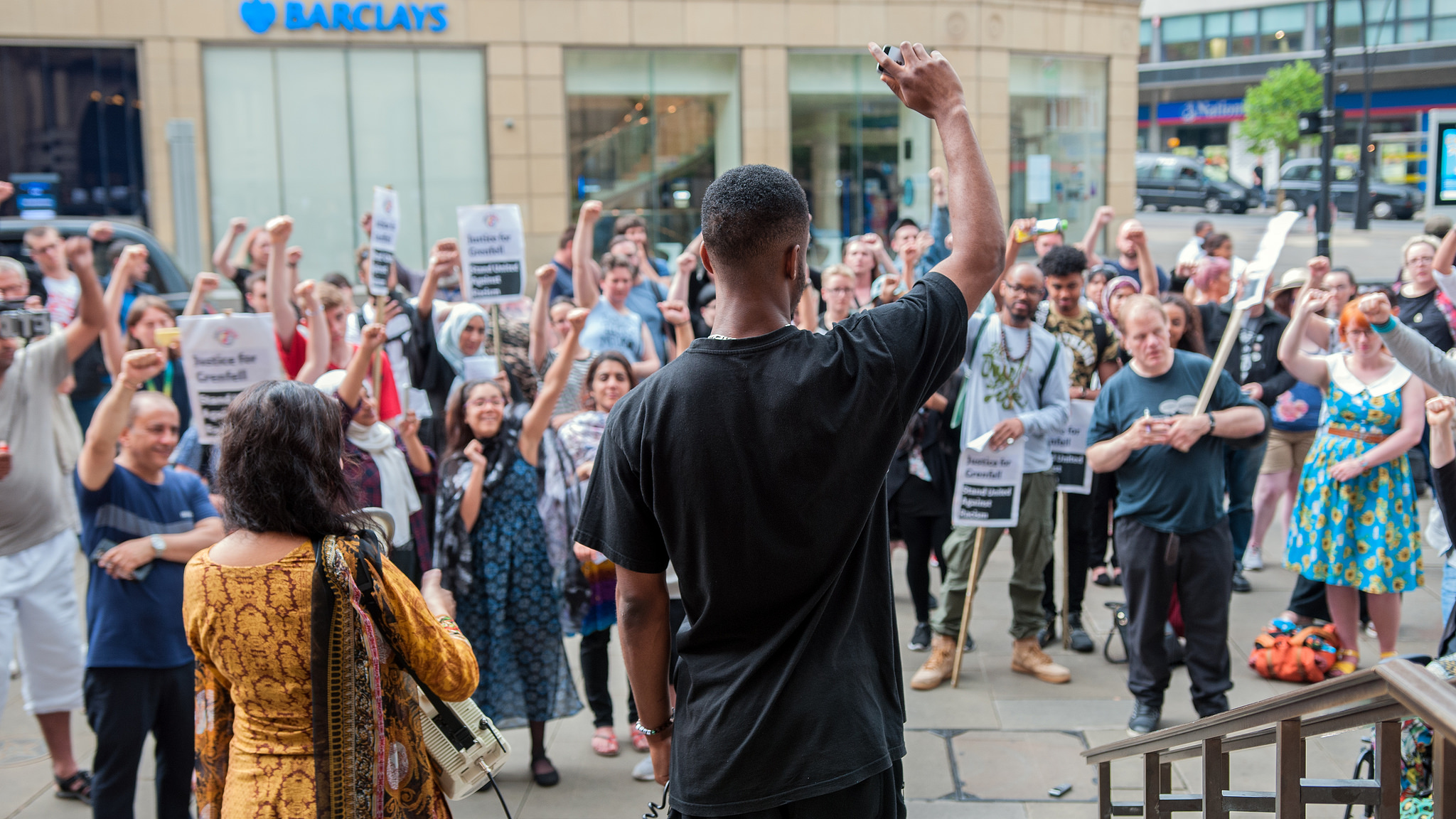It is now four years since the government implemented an overhaul of the UK’s legal aid system. However, not everybody is happy with the changes.
With the new regime now well established, the Law Society (the professional body that governs the work of solicitors in England and Wales) has published a comprehensive review of how it thinks the new system is working out. With access to legal services coming under renewed scrutiny in the wake of the Grenfell Tower tragedy, the report is disquieting to say the least. Here’s a snapshot of what it says.
Remind Me: What is Legal Aid and Why Does it Matter?

Legal Aid is a government program which subsidises access to lawyers for those who cannot afford them. This is critical to ensuring that everyone’s right to a fair trial is respected, as required by Article 6 of the Human Rights Convention.
Prior to the overhaul of the system, legal aid was available in almost all legal disputes. This meant that most people had effective access to the judicial system if they needed it.
Why was our Legal Aid System Reformed?

The Coalition government said that it recognised the excellence of legal aid, but wished to cut the annual £2.1 billion cost. This was put into effect by the Legal Aid, Sentencing and Punishment of Offenders Act 2012 (LASPO) in May 2012.
When these reforms were unveiled, the then Justice Secretary Chris Grayling expressed hopes that they would “boost public confidence in the legal aid system and tackle towering bills”. He also claimed that everyone’s right to a fair trial would continue to be upheld.
Despite fierce opposition to the measures set out in the Act, the cuts came into force a year later.
What Has Happened Since?
The effects of LASPO on access to justice, the wider judicial system and public finances have been under intense scrutiny since the reforms came into force.
On June 29 the Law Society published its report ‘Access Denied?’, where it set out its findings as to the consequences of these cuts. It found that LASPO has limited access to justice, trespassed on our right to a fair trial, and increased costs for the taxpayer as a result of other public services being put under strain.
What Has Changed and Who is Affected?

Whole swathes of the law are now, as a general rule, no longer funded by legal aid. This includes:
- Family law,
- Clinical negligence,
- Employment and immigration law,
- Debt and housing, and
- Welfare benefits.
In areas where legal aid is still available, the means test has been altered so as to reduce the number of people who qualify for the program. This disproportionately affects those on welfare benefits, who now face a more stringent test for legal aid than for the benefits themselves.
The report describes “legal deserts” – areas of the country where there are no legal aid providers, making it impossible for many to obtain advice. Mandatory telephone advice has also created a barrier for those who do not have free access to a telephone (often victims of domestic violence), and those who find communicating on the phone difficult.
Perhaps most alarmingly, the report estimates that 75,000 children will lose their entitlement to legal aid.
How Do the Cuts Affect the Victims of Grenfell?

Questions have been raised as to whether LASPO prevented the victims of Grenfell Tower from accessing legal advice about their housing conditions before the fire. A key concern now is whether they will have access to legal advice for the upcoming public inquiry, since housing is now an excluded category for legal aid.
Section 10(3) of LASPO provides for “exceptional case funding” to provide legal aid in cases where a person’s right to a fair trial may be infringed without it. In practice however, there is evidence that this is not happening; the application is too complex for non-lawyers to complete, and lawyers are not receiving funds to help clients complete them.
This has resulted in many applicants falling through the cracks. The Law Society has recommended that the procedure be simplified so that all victims, like those of the Grenfell tragedy, receive the representation they need.
What is to be Done?
The Law Society’s report concludes that the system created by LASPO is not sustainable in the long term, and that the problems identified are likely to worsen. It warns that the reforms have had a disproportionately negative impact on the most vulnerable and poorest in our society.
The government has been invited to consider 25 recommendations in its review of LASPO that was launched earlier this year. These focus on improving accessibility, reducing strain on the judicial system, and reducing the knock-on costs to the state.
You can read the full ‘Access Denied?’ report here.
Want to know more? Follow the links below:
- Check out this animation about a world without fair trials.
- Read about Amnesty International’s report on legal aid cuts.
- Read more about the Grenfell Tower victims’ access to justice.







